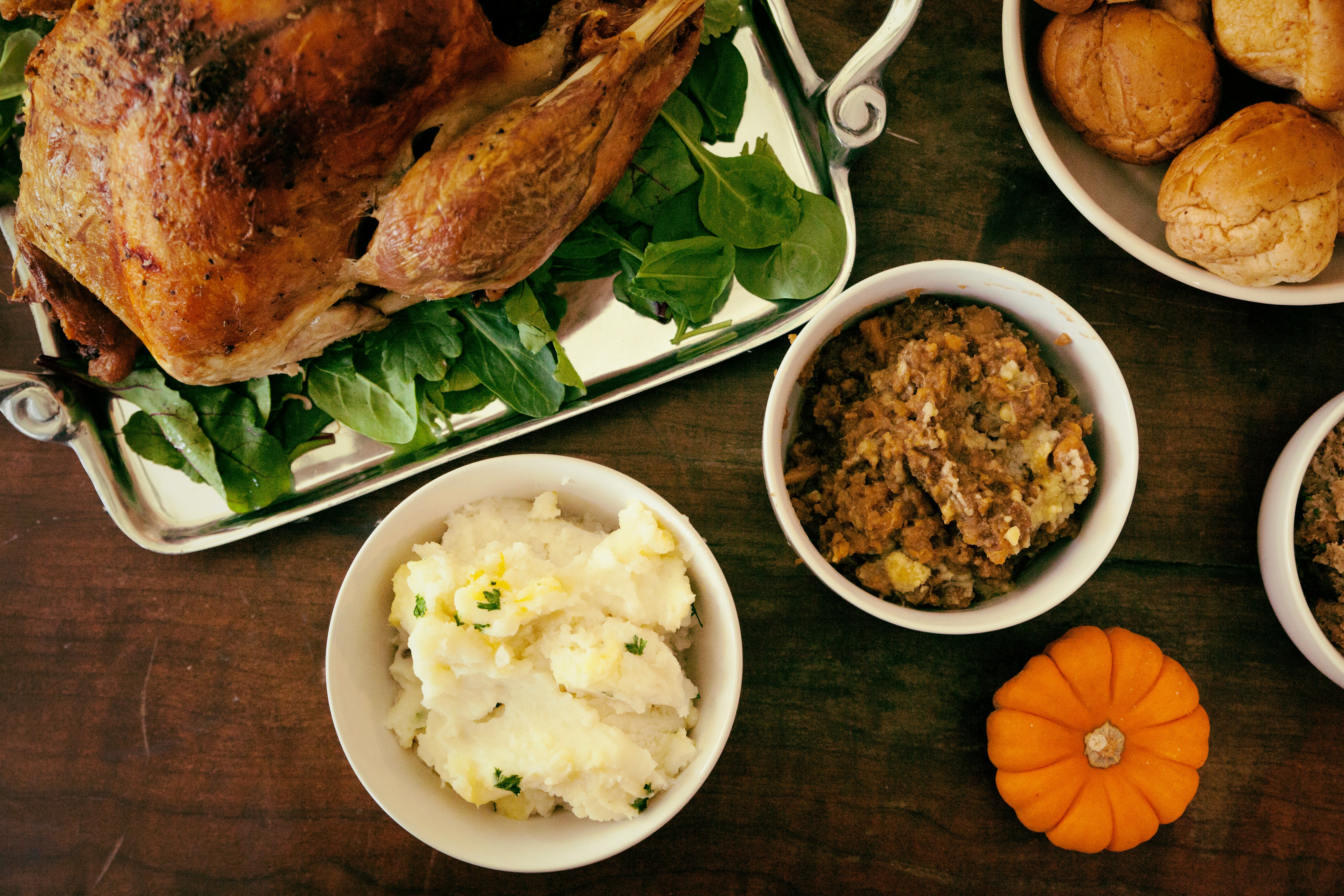
Safeguarding Your Family's Culinary Legacy This Thanksgiving
As Thanksgiving draws near, it's a time to reflect on what the holiday truly means to us. Beyond the bustle of preparation and the anticipation of a festive meal, it's the family recipes and traditions that often hold a special place in our hearts. These recipes are not just about the food; they embody memories, stories, and a lineage of culinary art passed down through generations.
However, in the warmth of these traditions, have you ever pondered the legalities involved in protecting your family's culinary heritage? It's an intriguing aspect often overlooked, yet immensely significant.
1. The Art of Documenting Recipes
The first step to preserving your culinary legacy is to meticulously document your family recipes. This process goes beyond jotting down ingredients and steps. It's about capturing the essence of your family's culinary story. Include anecdotes, the origin of the recipe, or any unique twists that make it exclusively yours. This practice not only keeps the recipe alive but also enriches it with personal history and emotion.
2. Intellectual Property: A Culinary Perspective
While a recipe in its basic form is not protected by copyright, the way you present that recipe can be. If you've crafted a cookbook, authored blog posts, or created videos showcasing these recipes, these are creative expressions that qualify for copyright protection. Consider this especially if you plan to share your family's culinary creations with the world. Copyrights and trademarks can be powerful tools in ensuring your unique culinary expressions remain yours.
3. The Role of Non-Disclosure Agreements (NDAs)
In instances where your recipes are shared, particularly in professional settings, Non-Disclosure Agreements become crucial. They serve as a legal shield, ensuring that your family's culinary secrets are not disclosed or replicated without permission. It's a practical step in safeguarding your culinary treasures from unauthorized use.
4. Branding and Trademarks: Culinary Ventures
If your family recipes have evolved into a business or if they are a part of a culinary venture, branding becomes essential. By trademarking your restaurant or brand name associated with these recipes, you establish legal protection against others using your family’s culinary reputation for their gain.
5. Estate Planning and Culinary Traditions
Incorporating your family recipes and culinary traditions in your estate plan is a thoughtful way to ensure their continuity. Specify who will inherit these recipes, the rights associated with them, and instructions on how they should be preserved and passed on. It's a gesture that extends your culinary legacy far into the future.
This Thanksgiving, as you gather around the table relishing those cherished family recipes, take a moment to consider their future. If you're passionate about preserving these culinary heirlooms and need guidance on legal protections, reach out to us. We can offer personalized advice to safeguard your culinary heritage.
From all of us at the Law Offices of Lewyn Scott Garrett, here’s to a Thanksgiving filled with delicious memories and the joy of ensuring they last for generations to come.
Areas of Practice
Criminal Defense
Personal Injury
Family Law
Real Property
Civil Defense Law
Business Law
Viewing our website or communicating with us by electronic mail does not create an attorney-client relationship. We request that you not send confidential information or requests for legal advice via electronic mail. The firm does not assume any legal obligation to respond to unsolicited electronic mail.
© 2025 The Law Offices of Lewyn Scott Garrett. All Rights Reserved

